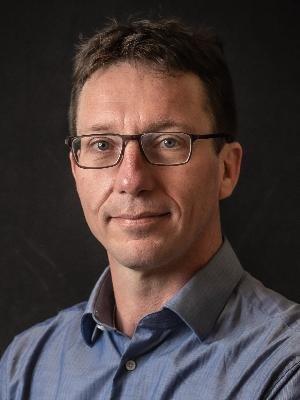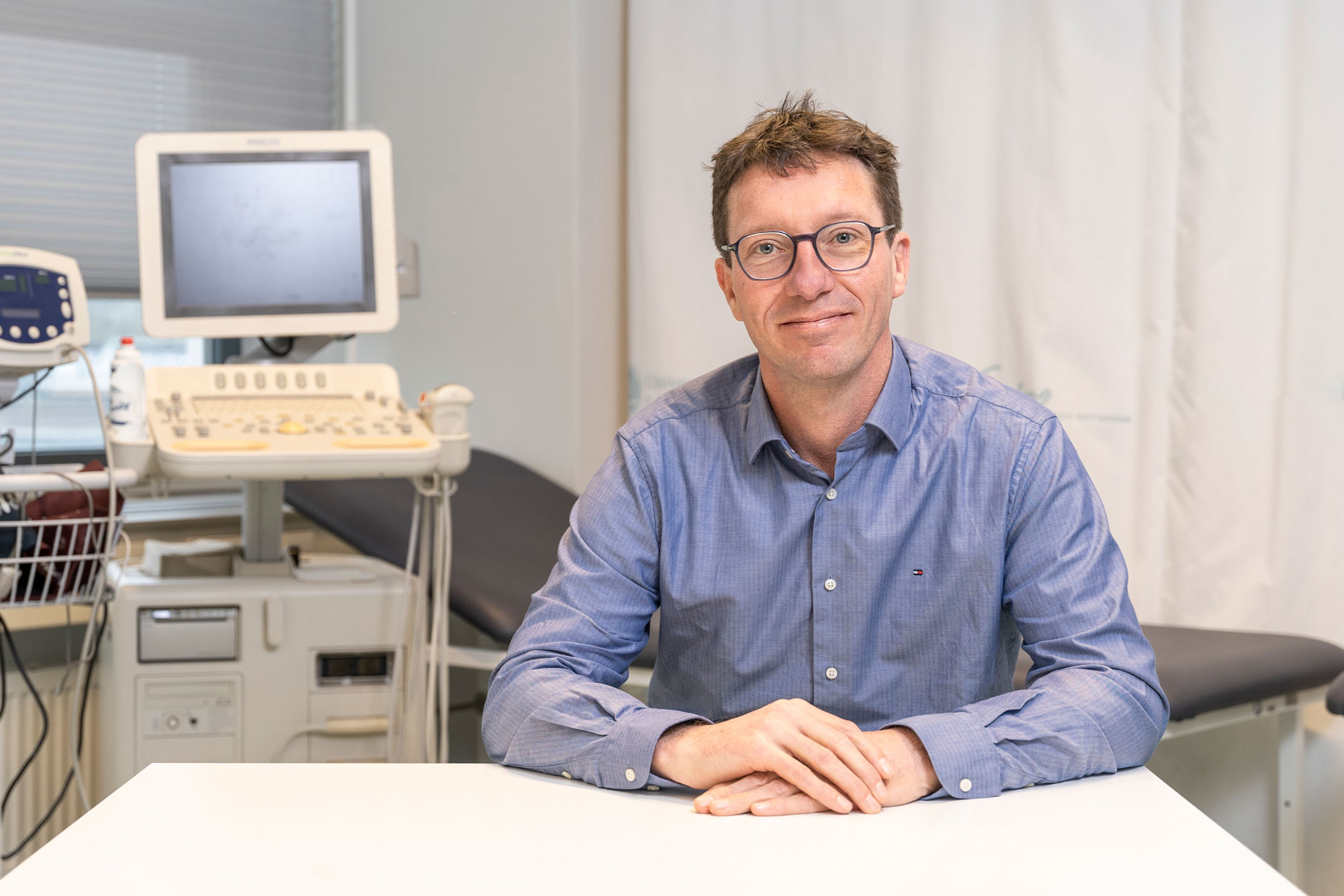John van den Dobbelsteen appointed professor of Medical Process Engineering
John van den Dobbelsteen has been appointed professor of Medical Process Engineering starting 17 January 2023. His research focuses on improving the interaction between surgical staff and medical technology, with a particular emphasis on alleviating hiccups in the workflow throughout the entire surgical process, from pre-op to post-op.
As a result of the many technological developments in recent years, hospitals are having to contend with an increasing amount of technology, such as new instruments and robotics – but the medical staff is essentially not trained in using it yet. As a result, surgical staff have to invest too much time in understanding and using technological equipment when their focus and attention should be on the patient. This, in turn, creates various risks through the potential misuse of technology, but also many inefficiencies.

J.J. (John) van den Dobbelsteen
- +31 15 27 89515
- J.J.vandenDobbelsteen@tudelft.nl
-
34.E-2-230
‘Whereas in the past you would operate with just a scalpel and a few assistants, so to speak, you now have to make sure that all the often complex technological equipment is prepared in the right way and at the right time before you can perform such an operation safely. These kinds of operations require knowledge and time. Indeed, there are people who constantly plan and manage all this medical technology that essentially has nothing to do with the primary purpose: the clinical task. This results in wasted time, excessive costs, long waiting lists, delayed operations ... which is making care unsustainable in the long run.’
The black box of the operating theatre
The conclusion of Van den Dobbelsteen’s research was that this process needs to be made more efficient and safer. He therefore concentrated on developing new medical technology that focused on supporting the surgical staff instead of the operation itself.
By using cameras and artificial intelligence to monitor everything that happens in an operating theatre, all activity can be automatically detected and recognised. Based on all the data that is generated, the artificial intelligence is trained to recognise what is abnormal or what is just following protocol. The data can be used in real time to adjust and optimise the process, but it can also be reviewed later for future operations. The main focus of medical process engineering, therefore, is the automatic monitoring of the surgical process and the optimisation of the surgical workflow. In addition to automatically recording this, in the longer term it will also be possible to automate technological equipment.
About John van den Dobbelsteen
John van den Dobbelsteen studied at the University of Groningen and graduated in Experimental Psychology in 1998. He then completed his PhD in Neuroscience at Erasmus MC in Rotterdam. He has now been working at TU Delft for 18 years, where he has held various positions in recent years. Currently, in addition to being a professor, he is also director of the Clinical Technology programme and a delegate on the board of the International Society for Medical Innovation and Technology (iSMIT).
In the coming period, he will focus as a professor on broadening the scope of the field of medical process engineering, which is still relatively new, and continue to lecture in the Biomedical Engineering and Clinical Technology programmes.
